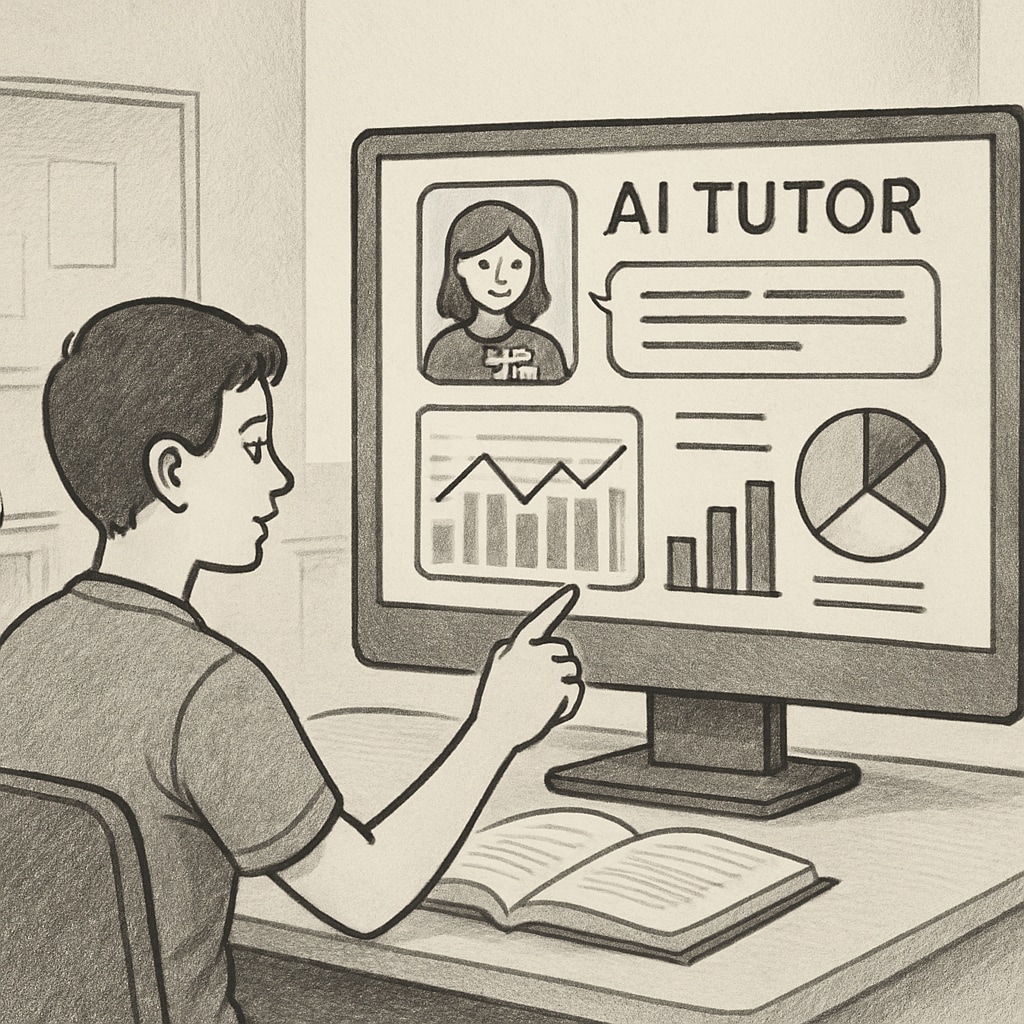The rise of artificial intelligence (AI) has revolutionized various sectors, and education is no exception. Traditional competitive exams, once the cornerstone of talent selection, are now under scrutiny for their ability to evaluate students effectively in the AI-driven era. As the world shifts towards automation and machine learning, the need for a reformed education evaluation system becomes imperative—one that uncovers genuine student potential and promotes diverse talents.
The Limitations of Traditional Competitive Exams
Competitive exams have long been the dominant method for talent selection in education systems worldwide. However, these exams often prioritize rote learning and memorization over creativity, critical thinking, and problem-solving—skills that are increasingly important in the AI age. Moreover, such exams tend to favor students with access to better resources, creating inequities that hinder fair talent assessment.
For example, a high-stakes standardized test might reward students who excel at recalling information but overlook those with innovative ideas or unique problem-solving approaches. This raises a fundamental question: Are traditional exams still the best way to identify and nurture the leaders of tomorrow?

Why AI Demands a Paradigm Shift in Education Evaluation
Artificial intelligence is disrupting the skills landscape. Automation is replacing repetitive tasks, while human roles increasingly require adaptability, emotional intelligence, and complex decision-making. Traditional exams, however, fail to measure these nuanced competencies, making them inadequate for preparing students for the future workforce.
AI also poses challenges to exam integrity. Tools like AI-powered writing assistants and problem-solving apps enable students to bypass traditional assessments, calling into question the reliability of these exams. As a result, education systems must embrace reforms that incorporate AI while fostering authentic learning experiences.

Building a Multi-Dimensional Evaluation Framework
To address these challenges, education systems must pivot towards a multi-dimensional evaluation framework. This involves assessing students not just on academic knowledge but also on creativity, collaboration, and real-world problem-solving abilities. Several strategies can support this transition:
- Project-Based Assessments: Encourage students to work on real-world projects that showcase their ability to think critically and collaborate effectively.
- Portfolio Reviews: Allow students to present a collection of their academic and extracurricular achievements, offering a holistic view of their skills and growth.
- AI-Enhanced Personalized Feedback: Use AI tools to provide detailed, personalized feedback, helping students identify strengths and areas for improvement.
- Competency-Based Learning: Focus on mastering specific skills rather than achieving high scores in standardized tests.
These approaches not only align with the demands of the AI era but also ensure that students are evaluated based on their unique strengths and potential.
Global Examples of Innovative Education Reforms
Several countries are already taking steps to reform their education systems in response to AI advancements. For example, Finland has shifted its focus from standardized testing to skill-based assessments, emphasizing creativity and critical thinking. Similarly, Singapore has introduced initiatives to reduce exam-related stress and promote holistic development among students.
These examples highlight the growing recognition of the limitations of traditional exams and the need for innovative evaluation methods that prepare students for the future. Policymakers worldwide can draw inspiration from these models to create systems that prioritize diverse talent selection.
The Path Forward: Embracing Change
Reforming competitive exams in the AI era is not just an option—it is a necessity. By incorporating multi-dimensional evaluation frameworks and leveraging AI advancements, education systems can foster environments where students thrive based on their unique abilities. This transformation will require collaboration among educators, policymakers, and technology experts to ensure that the next generation is equipped to navigate the complexities of a rapidly evolving world.
Ultimately, the goal is to create an education system that values diverse talents and prepares students not just for exams but for life itself. As artificial intelligence continues to reshape society, it is time for education systems to follow suit and embrace the future.
Readability guidance: The article uses concise paragraphs and lists to enhance readability. Transition words such as “however,” “therefore,” and “as a result” are used throughout to ensure clarity. The content focuses on actionable insights while maintaining an engaging flow.


